We all know that horse in the barn, infamous for its quirks, it’s reactivity, and potentially it’s vices. It may paw while tacking up, sport a crazy eye when entering the ring, and whinny to it’s pals when placed in new situations. Like us, every horse has its own unique personality from experiences and circumstances. Training, environment, proper veterinary care, and your partnership with your horse can all influence your horse’s disposition, but what about nutrition? We’ll cover the most common issues frequently seen when feeding those high-strung horses and how to provide them with nutrition and peace of mind.
Anxious Horses Can Have A Harder Time Maintaining Weight
This horse is usually exceptionally athletic and doesn’t seem to be worked down like other horses. They may be reactive to sounds and certain triggers that take their attention off eating. Most commonly they are the horse that can be found running along a fence line of their paddock. The combination of movement and lack of prioritizing eating can make it hard for these horses to keep weight on or gain weight once lost.
Excess Carbohydrates & Starches
Carbohydrates and starches offer short-term energy; this is easier to burn off. Many concentrated feeds (grains) contain high amounts of carbohydrates and starches which offer short-term energy rather than long-term storage. Despite the excess amount you may be feeding, your horse may “wash out” or seemingly put a little weight on then quickly lose it again. Plus, these types of feed tend to be less digestible and can cause imbalances in the hindgut which can cause indigestion and an increased risk of colic. The process of digesting carbohydrates, sugars, and starches causes a hormone spike, which can make an already energetic & anxious horse more spirited. An already reactive horse in combination with not feeling well can lead to an increase in negative behavior, decreased rideability, and a horse that is not happy nor healthy.
Not Utilizing Cool Energy for your Horse
Anxious horses most often have a higher energy requirement as they use up more energy than the average horse. Feeds that contain high sugars and starches can lead to increased excitability, much like a “sugar high” that a child may experience after eating candy. In contrast, “cool energy” feeds that are higher in fat and protein do not result in that unwanted burst of energy, but a more stabilized energy source. “Cool energy” feeds tend to be higher in fat, and are the source of all our weight gain products, using full-fat extruded soybeans. Full fat extruded soybeans are 30% more digestible than pelleted products. Fat is more calorie-dense than carbohydrates and starches, making it much more suitable for horses with higher energy requirements and that do not need increased excitability. If you’re looking to add more calories without increasing excitability, check out Glow (a safe way to add fat and protein to the diet) or Super Weight Gain, the most effective supplement for putting weight on and keeping it.
Feeding GI Support
Providing your horse with GI support in the form of probiotics, prebiotics, and live yeast cultures will aid in digestion and help your horse get more out of their feed. Probiotics help stabilize the gut and resist disease-causing microbes while prebiotics help strengthen the population of probiotics. The live yeast cultures balance the pH in the horse’s cecum. You can find this combo of support in many of our complete supplements, and Gut Guard our product 100% dedicated to gastrointestinal support. Plus, diet change with the introduction of the right microbes will increase your horse’s health, ability to maintain weight, and provide a more comfortable horse.
Experience Real Results
“My horse was amazingly talented but easily excited and hard to settle down at home and at shows. I was told by another company in order to meet his energy requirements with his competitive load I would need to feed 8lbs of their concentrated grain, and that would help keep his weight on but would see an energy spike due to the hormones. Not only did he still have a hard time keeping weight on, but he was more reactive than ever before. After switching him to Super Weight Gain & Glow, he gained the weight back and kept it, he also became more pleasant to be around. He is still a competitive athlete but I’ve noticed a huge difference from switching his diet, I never thought it would play such a big role.” – Elizabeth H., PNW Show Jumper.
Horses will be horses, and often the reactive ones take a lot more time and effort, but with the right management, you can help to find their full potential. With proper nutrition, you can effectively enhance your horse’s overall health as well as it’s comfortability. If you need to upgrade your horse’s diet and don’t know where to start, let us help! Ask our nutritionist!

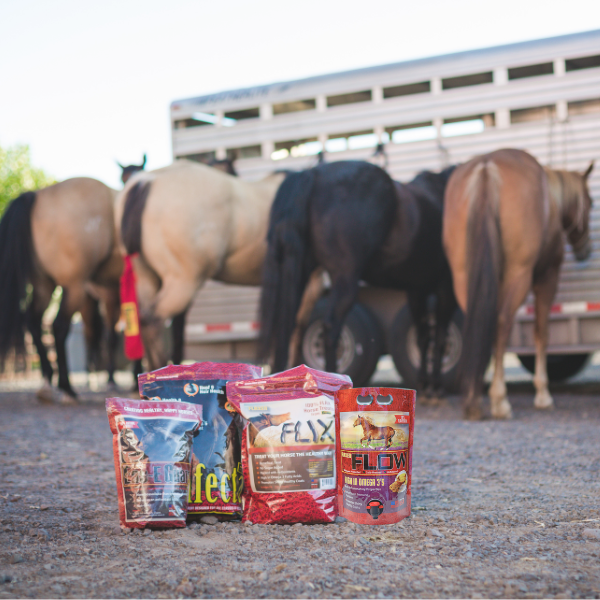
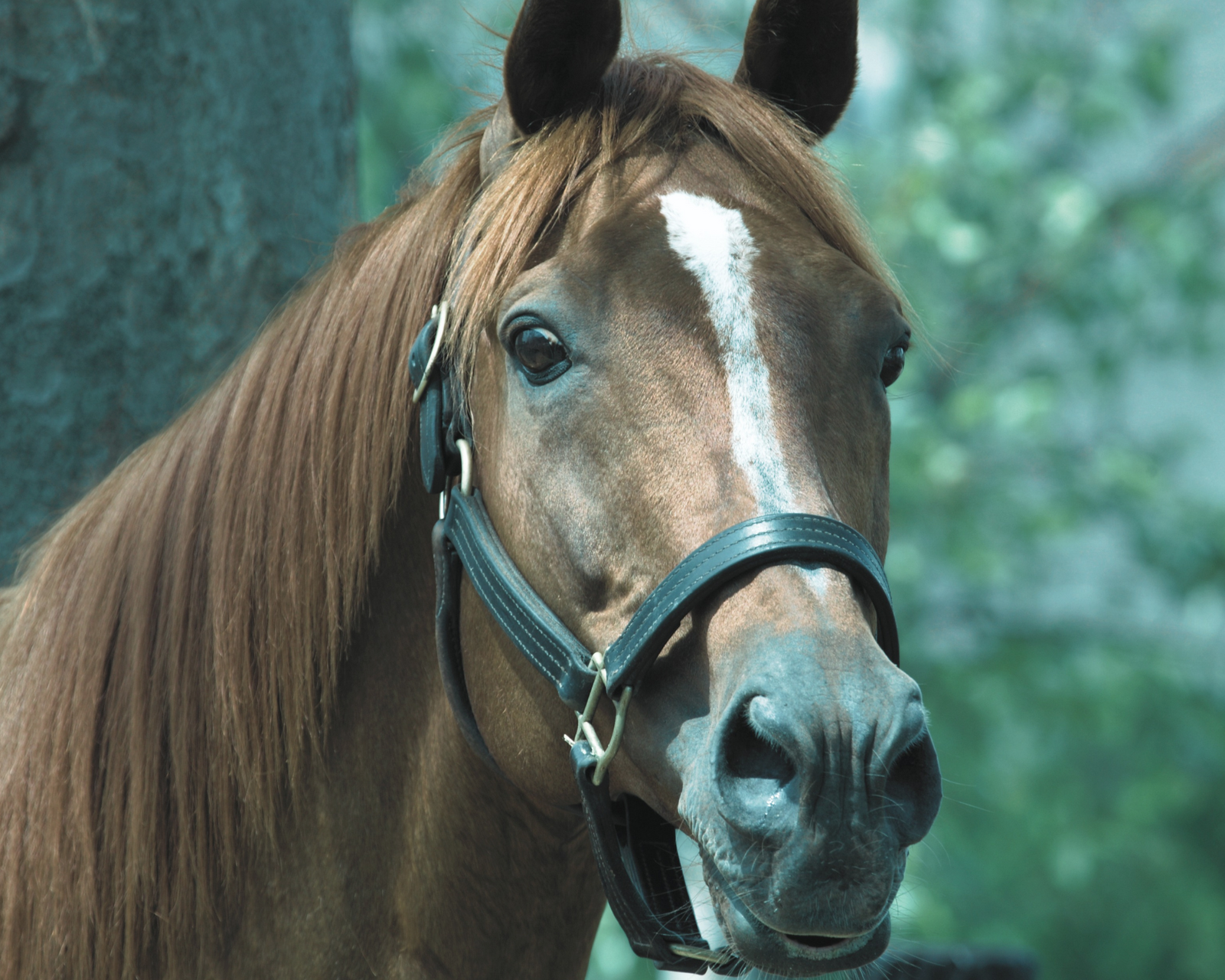
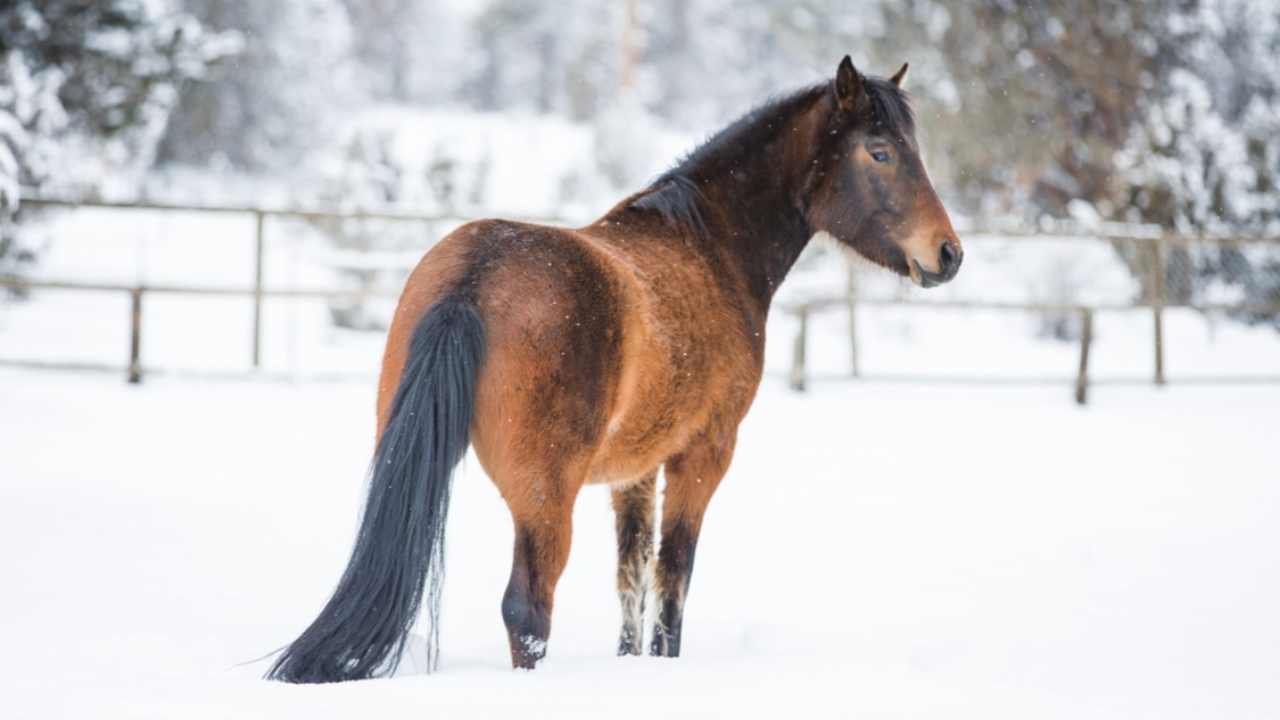
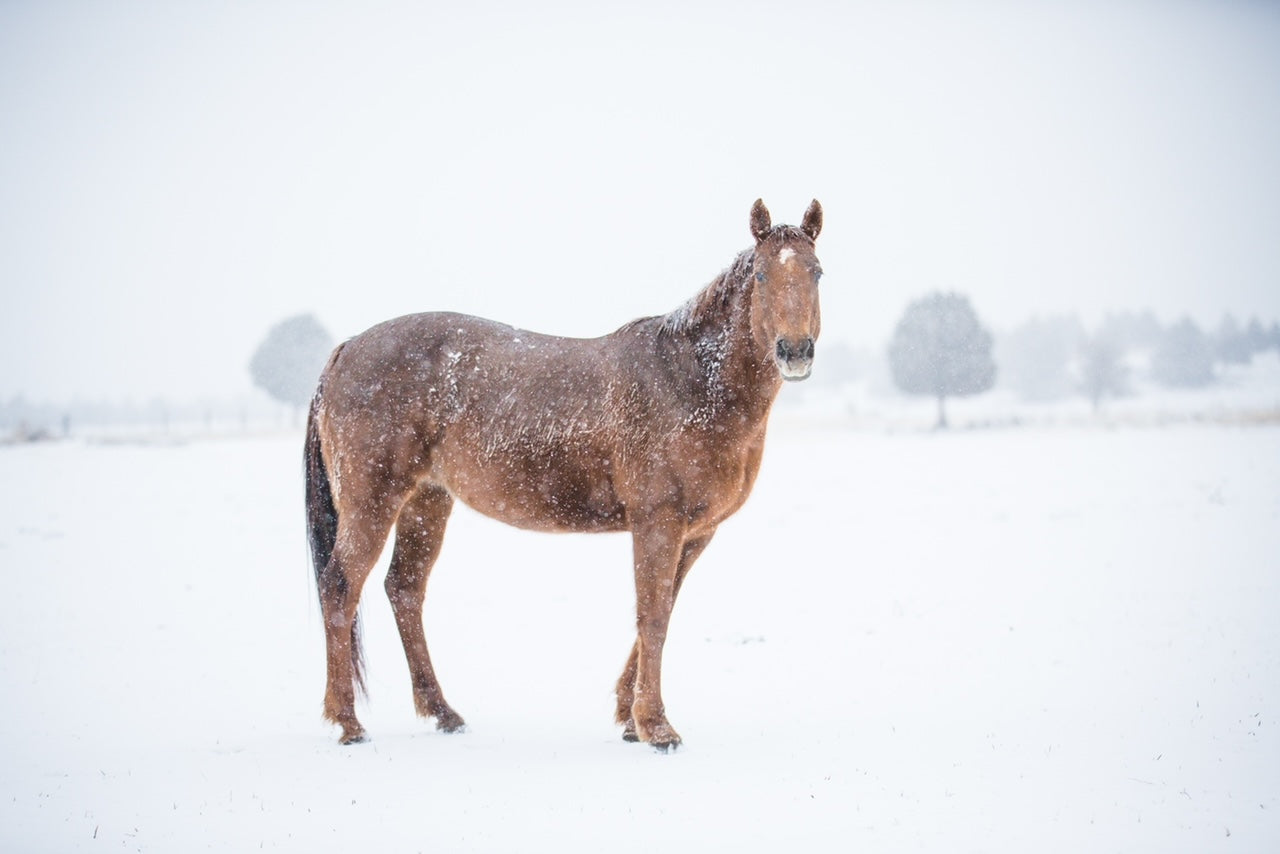
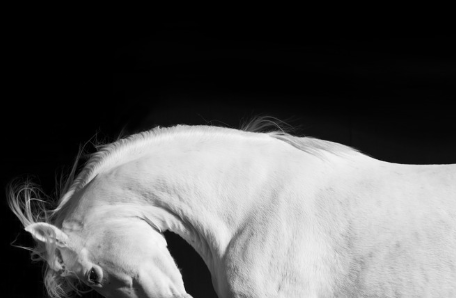
Leave a comment (all fields required)